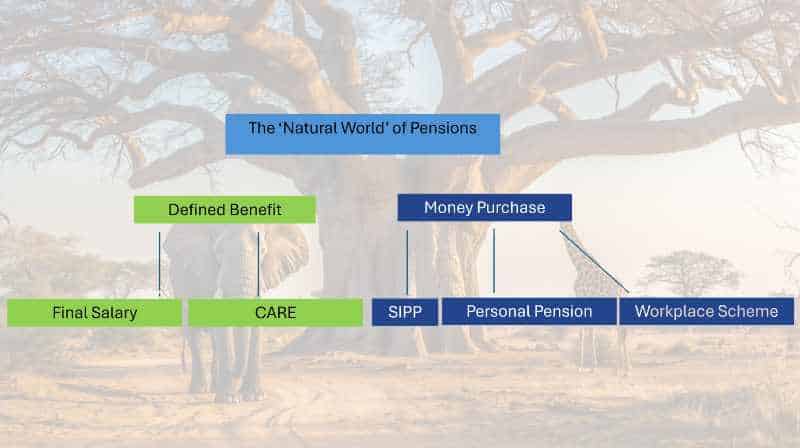
- Marcus Rashford, Phil Foden and Trent Alexander-Arnold are young professional footballers earning £ millions in wages and sponsorship endorsements.
Yet, less than 1% of children who enter club academies at age 9 make a living from the game, let alone become Premier League stars*.
- Casinos entice gamblers by promising them riches. In reality, less than 5% of regular gamblers win in online casinos.
For every one person who wins big online ($5,000 or more), there are 128 who lose that amount or more**. Because casinos are built on luck not skill, the more you play the higher the odds are of losing overall. In mathematical terms it is called ‘reversion to the mean’. In lay terms, this means outcomes are averaged out over time.
- The highest-paid Hollywood stars can command anything from $15m to $100m for a role^ but only 2% of actors and actresses make a career from it and 98% are out of work at any one time.^^
Thin tails mask reality. Rather than understanding that outliers grab the headlines because they are outliers, we see abnormal returns and extrapolate that into probability.
The same is true with investing.
Amateur day traders like to believe they have what it takes to beat the market by investing their pension and ISAs in a few carefully selected stocks that Google/the weekend money pages/Reddit peers/a brother-in-law told them are going to be winners.
However, only 4% of stocks contributed to the net gain for the US stock market since 1926^^^. In other words, the overwhelming majority of companies failed to provide a positive return relative to more secure government bonds.
Reading that last paragraph may lead you to question the point of investing. The point is that stock markets do go up over the long term. History shows us that investing in global companies provides us with the greatest long-term return on our money. It is finding the winning stocks of tomorrow, today that is the near-impossible challenge.
Even professionals are lucky most of the time. Research by Dimensional Fund Managers shows that around 98% of fund managers who make active decisions about which companies to buy, sell and hold and when to get in and out of stock markets rarely fail to provide returns above the market. In fact, there is no evidence to show that leading fund managers are anything more than lucky.
The problem is that our subconscious biases work against us. We hold onto losing stocks for too long but sell winning ones too soon. We look for evidence to support our beliefs, even if the counterargument is stronger. We also look to the recent past and assume it is a pattern for the future when in reality it might be a blip.
The difference between trying to make it in a profession or beating casinos is that with investing you don’t have to do anything remarkable or be born with the right genes to succeed. Investing success is nothing more than investing in the global stock markets as a whole, being patient and staying disciplined.
Or as the godfather of index investing, John Bogle said about finding winning shares, “rather than trying to find the needle, you might as well own the haystack.”
*Source: No Hunger In Paradise: The Players. The Journey. The Dream, Michael Calvin.
** Source: The Wall Street Journal
^Source: thetealmango.com.
^^ Source: Nature.com.
^^^ Source: Do Stocks Outperform Treasury Bills. Hendrick Bessembinder.
Photo by Emilio Garcia on Unsplash






